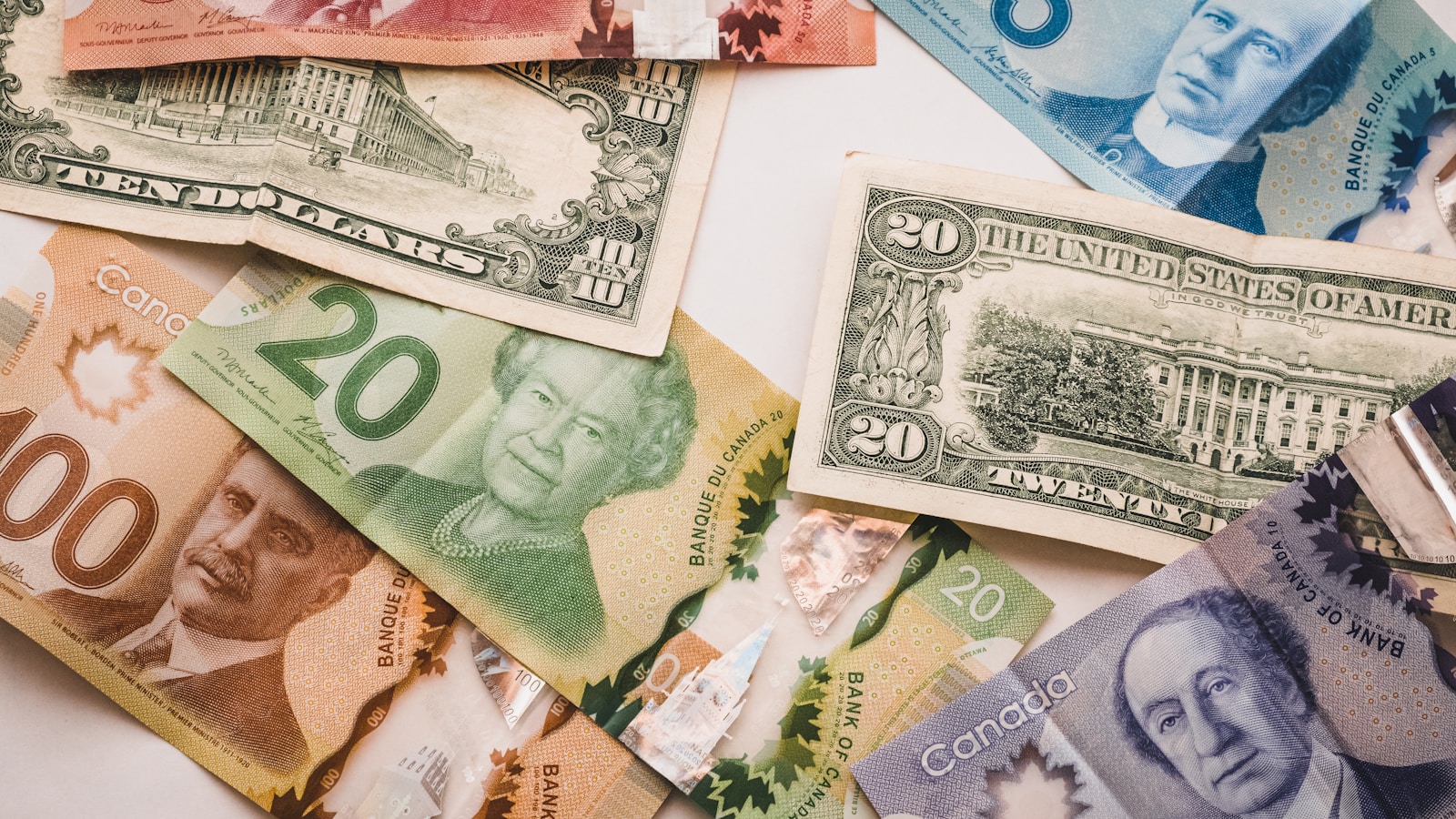What Could Happen to Toronto Real Estate Prices if the U.S. Imposes 25 Percent Tariffs on Canada?
With the U.S. government threatening a 25 percent tariff on Canadian goods, many are asking what this means for Toronto’s real estate market and for everyday Canadians. Here is a look at the potential impacts and what you should be watching for.
Canada’s Economy and the U.S. Connection
Canada’s economy is deeply connected to the United States, especially in sectors like automotive, construction, agriculture, and technology. When trade tensions rise, the effects ripple through everything from business operations to personal finances.
How Could This Affect You?
Now is the time to assess your own situation:
Consider your job and industry. Are you in a sector that relies on U.S. trade?
Evaluate your company’s resilience to tariffs and look for new opportunities or risks.
Think about upskilling, networking, or expanding a side business to stay adaptable.
The Toronto Real Estate Market: What to Expect
Recent data shows that tariff threats and economic uncertainty are already influencing the Toronto market. Home sales in the GTA dropped sharply in early 2025, with listings rising and prices falling slightly as buyers and sellers wait to see what happens next. Developers are facing higher costs for materials like steel, glass, and lumber, which could delay new projects or drive up prices for new homes. Consumer confidence is also being tested, with some buyers choosing to wait for more stability.
Mortgage renewals are happening at higher rates, and some homeowners are struggling to keep up with payments. If tariffs lead to further inflation, the cost of borrowing and everyday living could rise, making affordability an even bigger challenge. At the same time, the Bank of Canada is considering lowering interest rates, which could help offset some of the pressure.
Impact on Construction and Everyday Expenses
Tariffs are expected to increase the price of construction materials, making both new builds and renovations more expensive. This cost will likely be passed on to buyers. Grocery bills could also climb, since much of Canada’s fresh produce comes from the U.S.. Gas prices may rise, increasing commuting and travel costs.
A weaker Canadian dollar could make U.S. goods more expensive and limit the availability of American products on store shelves. Uncertainty may also slow down investment in real estate and other sectors.
Pros and Cons of the Trade War
There are some silver linings. Higher prices may encourage Canadians to support local businesses, reduce waste, and find creative, community-focused solutions. However, the risks are significant: higher living costs, job losses, and business closures could affect many sectors.
What Should You Do Next?
The best approach is to stay informed and adaptable. If you are considering a move, review your finances, watch the market closely, and seek out expert advice. We specialize in helping people find homes they love, even during uncertain times. Book your free strategy call to discuss how you can navigate these challenges with confidence.
Best Hashtags for Your Brand
#MichelleBabb
#HouseologyMethod
#TorontoRealEstate


Comments:
Post Your Comment: